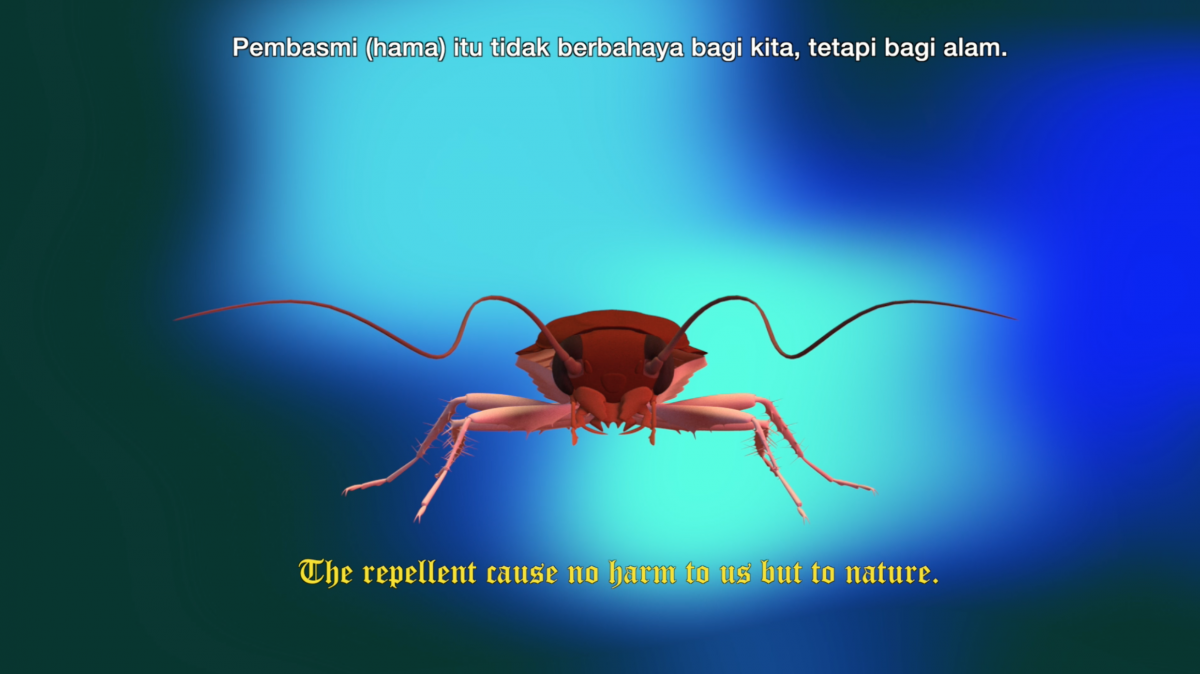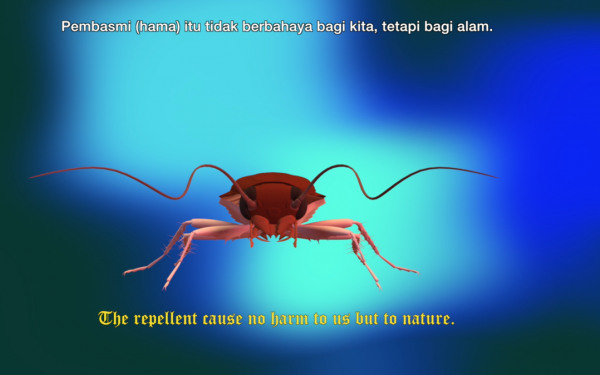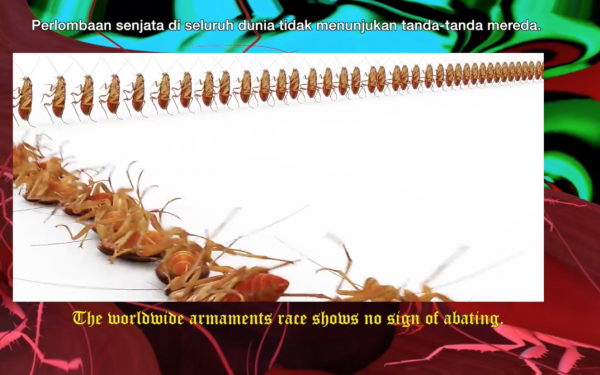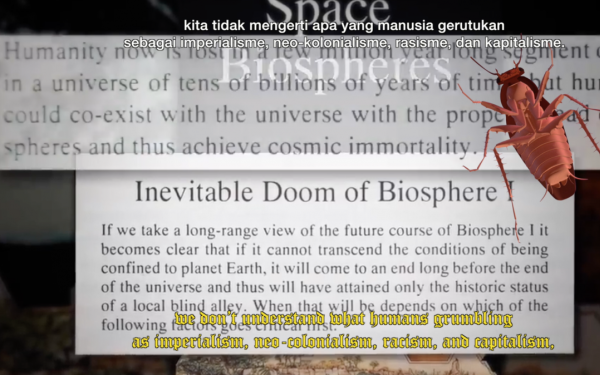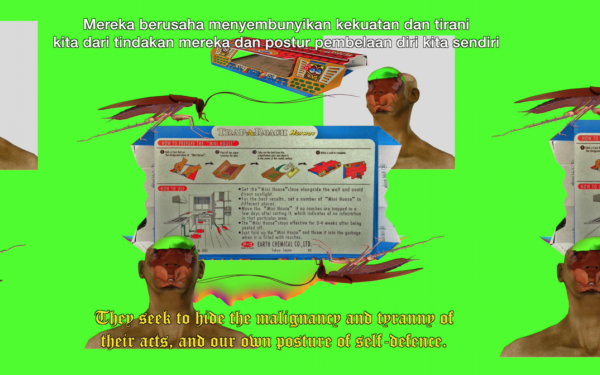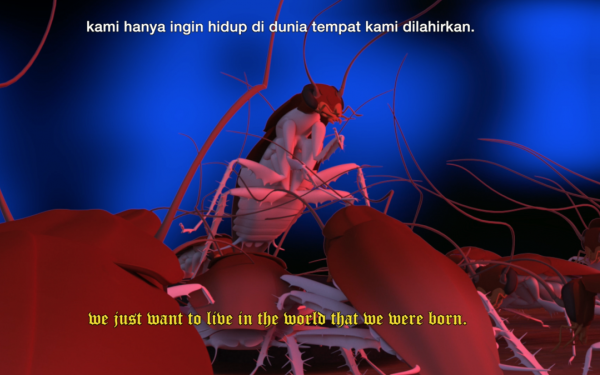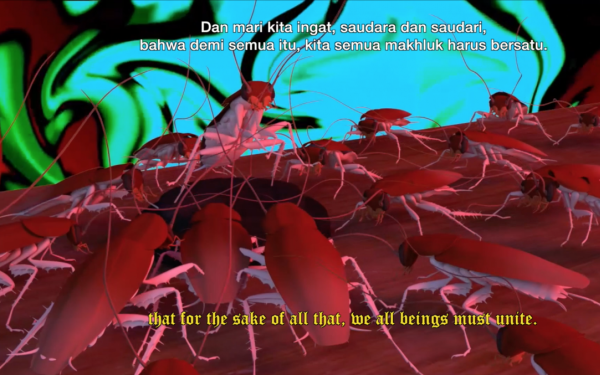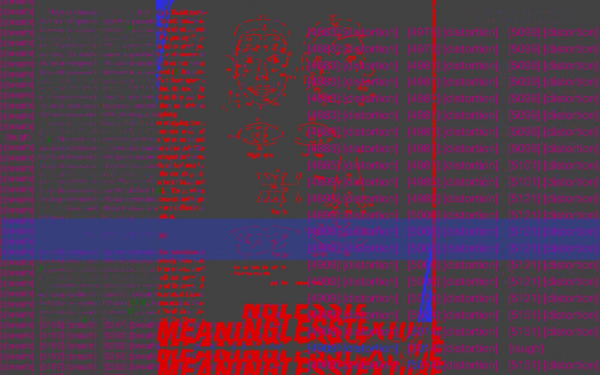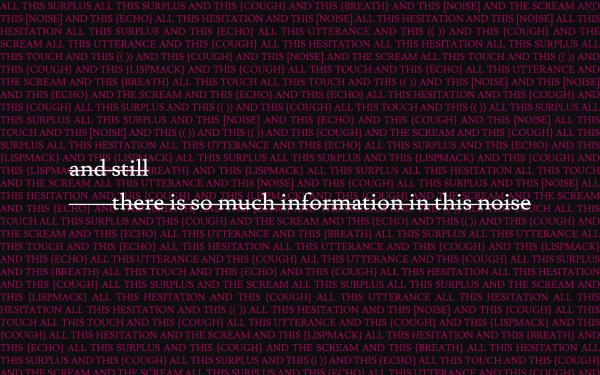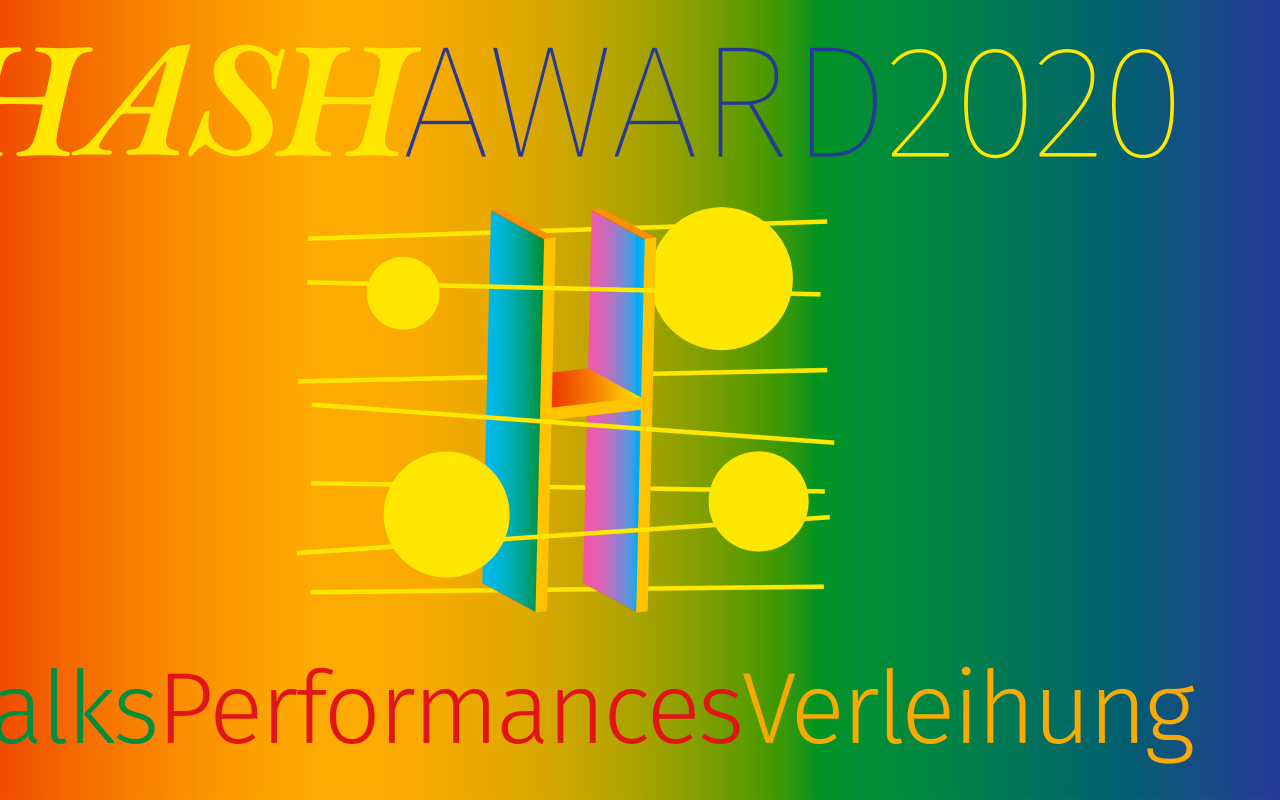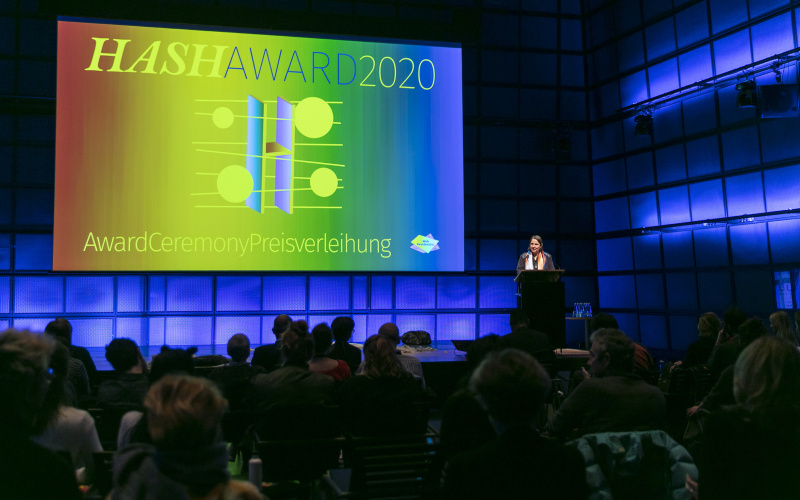HASH Award 2020 – Award Winners
Natasha Tontey & Pedro Oliveira
The »HASH« was awarded to the Web Residencies by Natasha Tontey and Pedro Oliveira in 2020. Natasha Tontey developed the project »From Pest to Power« in the context of the call »Planetary Glitch«, Pedro Oliveira conceived »On the Apparently Meaningless Texture of Noise« in the context of the call »Engineering Care«.
Natasha Tontey
From Pest to Power
The artist and designer Tontey from Yogyakarta, Indonesia, describes her open source publication as “a science-quasi-fictional quest into the peculiar behavior of the cockroach; constituted as an assemblage of nocturnal, habitable, homeopathic, and nonhuman agency to explore the idea of kinship eco-centric futurism.” Learning from cockroaches opens up a future in which human and non-human beings alike can master existential threats. For this is precisely what cockroaches have been able to do for centuries, during which they have been understood and despised transnationally as disease carriers. According to Juror Nishant Shah, Tontey “traces the genealogy of cockroach and diets in different parts of the world to mock at the neo-orientalist rediscovery of insects as super foods that are becoming trends in the gentrified sterile modernities of the North-West, and reminds us of the indigenous and local practices where cockroaches are more than vermin.” Nishant Shah awarded the prize to a project whose author “does not resign herself to a politics of despair, and doesn’t allow her interlocutors to give up and engage in fashionable gestures of critical politics, but continues to challenge our own role in shaping the future of the planet.” (Nishant Shah)
Pedro Oliveira
On the Apparently Meaningless Texture of Noise
Since his doctoral project, the Brazilian researcher and artist Pedro Oliveira dealt with the relationship between language/s and body/s and the effect of the former on the latter, especially racialized bodies. With »On the Apparently Meaningless Texture of Noise« Berlin-based Oliverira reacted to the language-biometric assistance system used by the German Federal Office for Migration and Refugees (Bundesamt für Migration und Flüchtlinge), which attempts to determine origins by recognizing linguistic varieties – national languages and their different manifestations. This “idea that human traits are in any way measurable, classifiable, rankable, and taxonomizable is a violent, colonial construct”, the artist states. He sees his sound essay in five chapters, recorded in June and September 2019 , as a discourse contribution that reflects on the instrumentalization of language. Its focus is on the gaps in language – coughing, clearing, smacking – in order to avoid reproduction. “Repeated listenings and navigating through the text of his fractured sound and poetry leaves one ambiguous and certain, in a strange duality, questioning and reaffirming the need and organization of care where we are not always sure what our roles are going to be,” says Nishant Shah. Shah sees the excellent potential of the work in this very openness.
“Both Tontey and Oliveira present a full frontal acknowledgement of a future failure, and also indicate that reworking this system is not going to be a solution. At the same time, in their political performance and aesthetic intervention, they show that future failure is not the same as a failed future, and reconfiguring our acts and facts, logics and logistics, aesthetics and action of being human might still give us an alternative future worth living for; a future worth fighting for.” (Nishant Shah)
